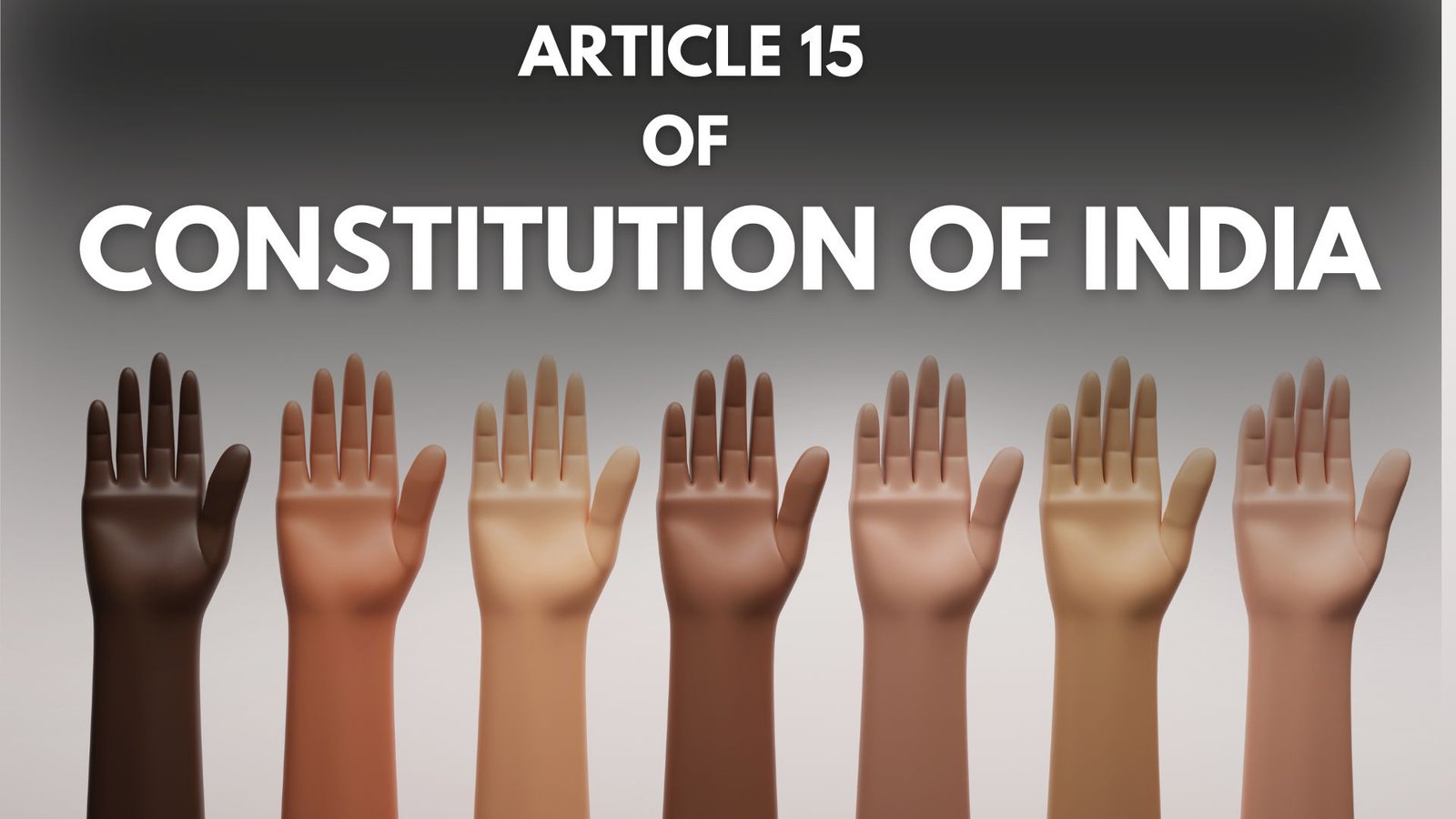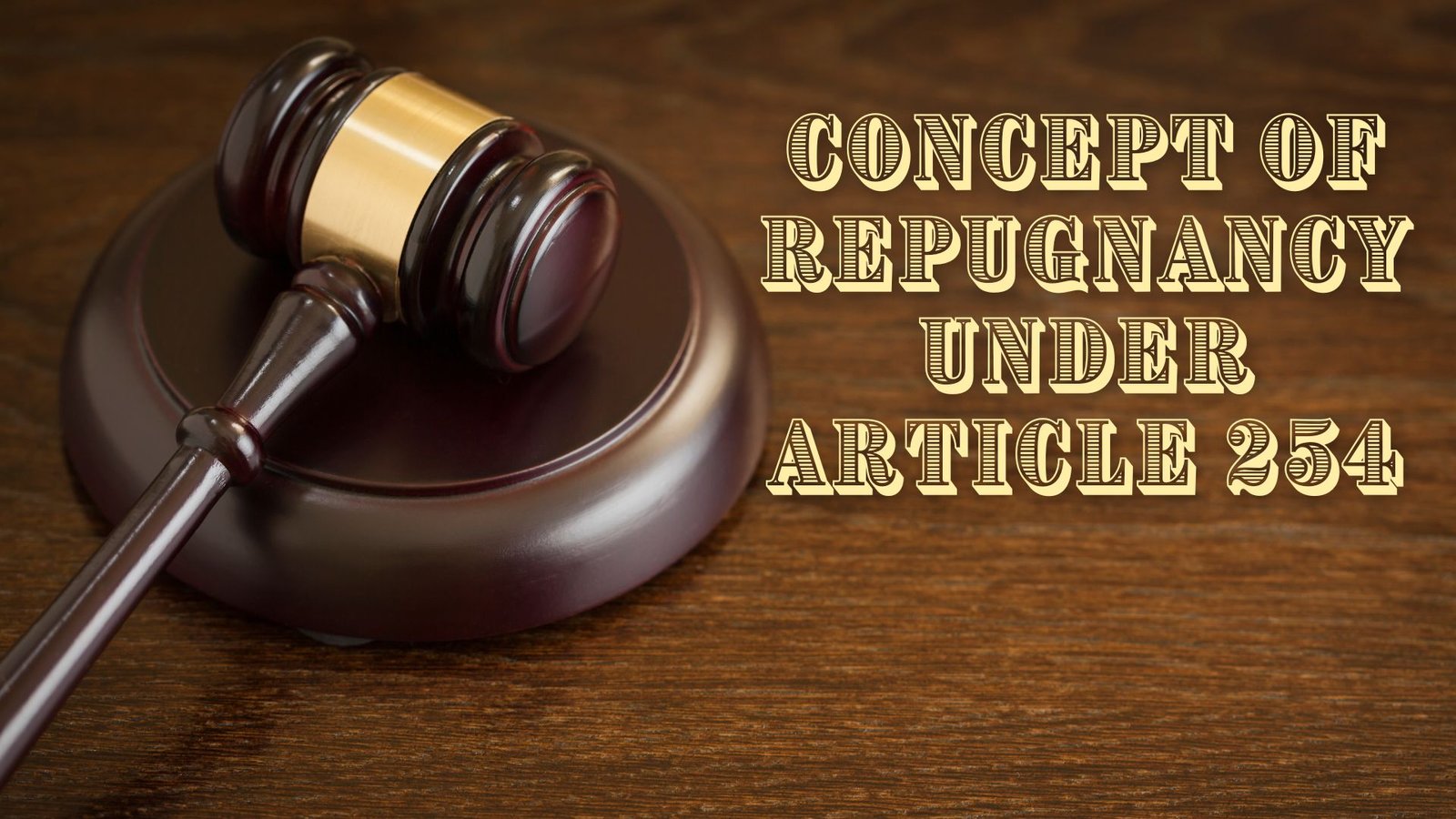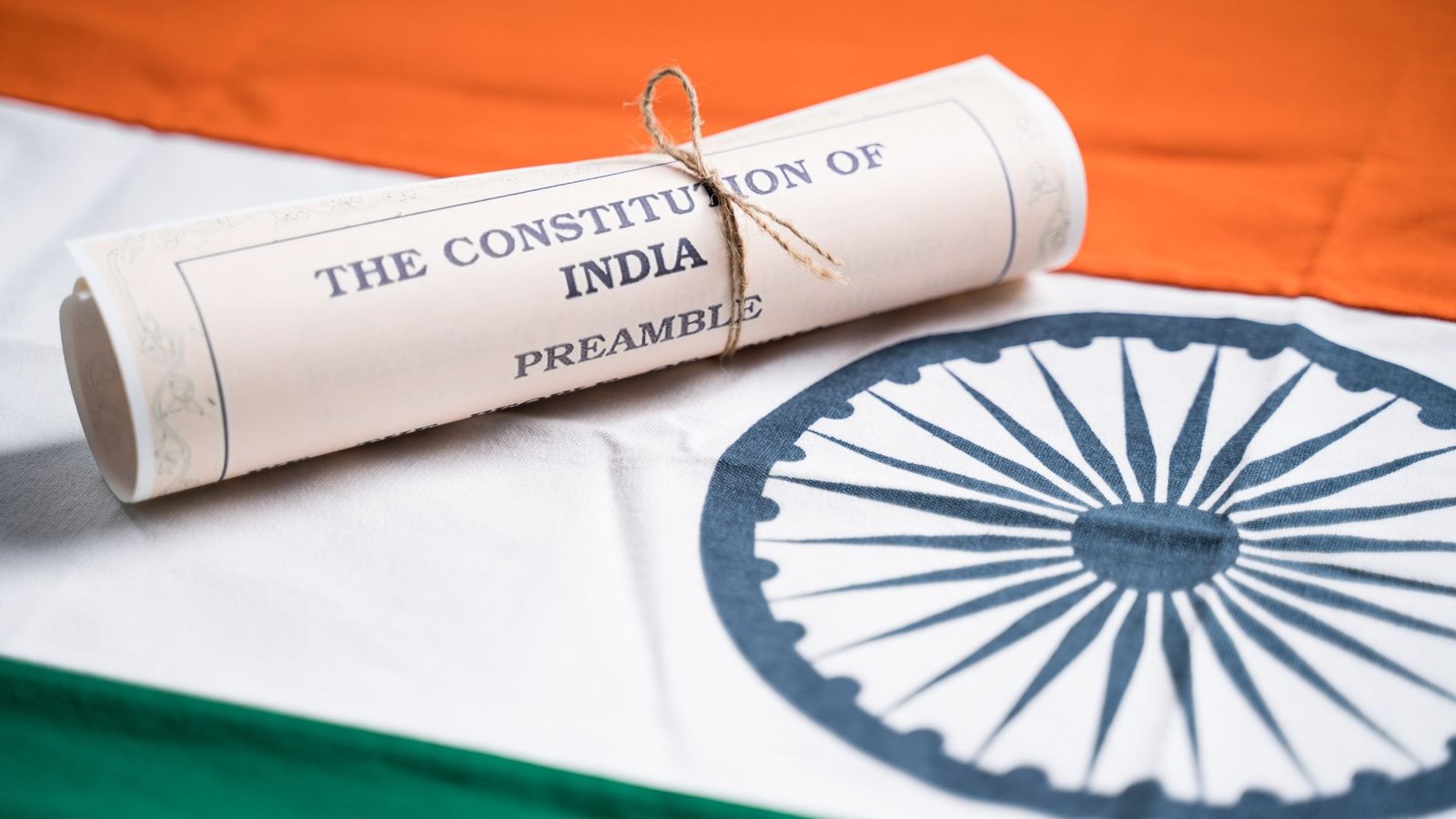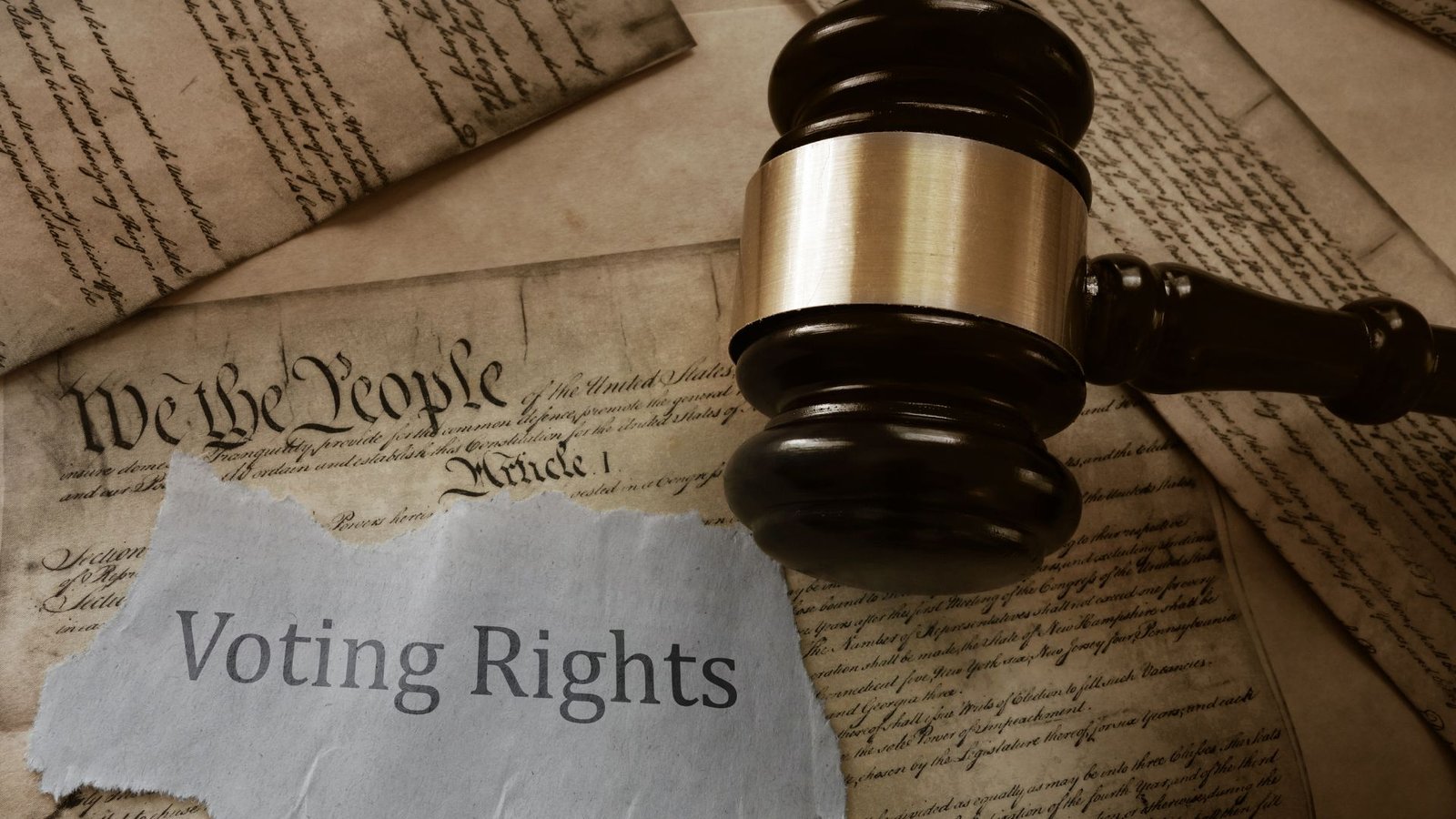On this page you will read detailed information about Article 15 of Indian Constitution.
As citizens of India, it is important to understand your fundamental rights enshrined in the Constitution. One such critical right is embodied in Article 15 which prohibits discrimination on grounds of religion, race, caste, sex or place of birth. This article aims to promote equality among citizens and ensures that no person faces discrimination due to their social or economic background. Article 15 empowers marginalized sections of society including women and underprivileged classes. It guarantees all individuals equal opportunity in access to public spaces like shops, restaurants, and wells as well as equal treatment in educational institutions. An analysis of Article 15 reveals that it is a pivotal pillar upholding the vision of an equal, just, and pluralistic society as envisaged by the Constitution.
What Is Article 15 of the Indian Constitution?
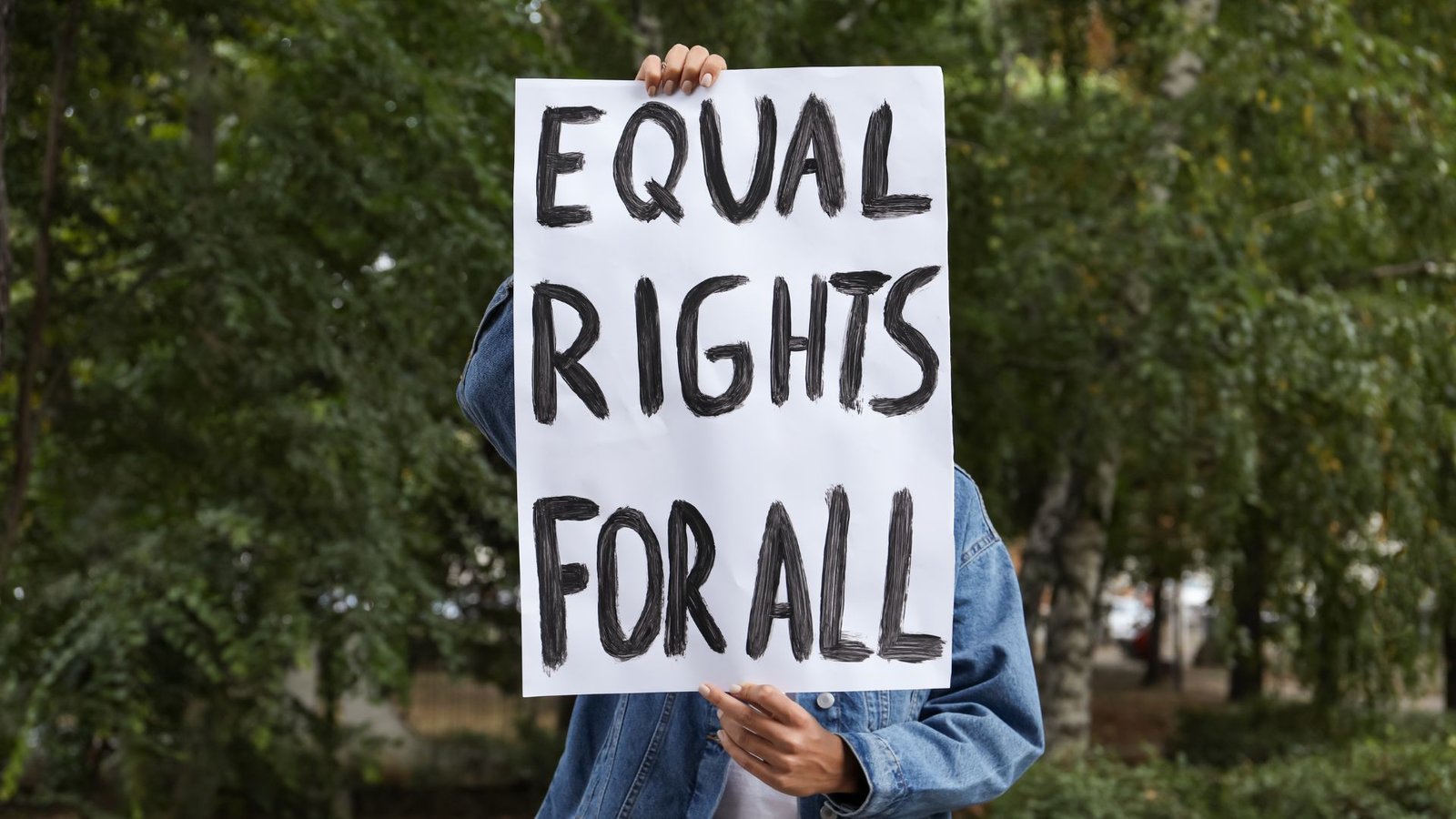
Article 15 of the Indian Constitution prohibits discrimination on grounds of religion, race, caste, sex, or place of birth. It guarantees equal rights and opportunities to all citizens of India.
What Does Article 15 Prohibit?
Article 15 prohibits the state from discriminating against any citizen on the grounds of:
- Religion
- Race
- Caste
- Sex
- Place of birth
The state cannot make any special provisions for any particular religion, race, caste, sex or place of birth. All citizens should be treated equally by the state.
Exceptions
However, Article 15 does provide certain exceptions where the state can make special provisions for the advancement of socially and educationally backward classes of citizens or for the Scheduled Castes and the Scheduled Tribes. The state can also make any special provision for women and children. These provisions should be made to promote the educational and economic interests of these groups.
Amendments
Article 15 has been amended by the Constitution (First Amendment) Act, 1951, the Constitution (93rd Amendment) Act, 2005 and the Constitution (103rd Amendment) Act, 2019. These amendments provide for special provisions regarding admission to educational institutions, including private educational institutions, whether aided or unaided by the state. They aim to promote the advancement of any socially and educationally backward classes of citizens or for the Scheduled Castes or the Scheduled Tribes.
Article 15 is a key provision in the Constitution that aims to promote equality and non-discrimination. It protects the civil rights of citizens and ensures that every citizen of India is treated equally by the state. The exceptions provided under it enable the state to make special provisions for the disadvantaged sections of society. Overall, Article 15 upholds the democratic and secular ideals upon which the Indian Constitution is based.
The Purpose and Objectives of Article 15
The purpose of Article 15 is to protect individuals from discrimination based on their caste, religion, race, sex, or place of birth. This Article aims to establish equality of opportunity and status for all citizens, regardless of these factors.
Prohibition of Discrimination
Article 15(1) prohibits the State from discriminating against any citizen on grounds of religion, race, caste, sex, place of birth or any of them. This means that the State cannot make any discrimination or distinction based on these grounds while:
- Granting citizens access to shops, public restaurants, hotels and places of public entertainment;
- Using wells, tanks, bathing ghats, roads and places of public resort maintained wholly or partly out of State funds or dedicated to the use of the general public;
- Admitting citizens to any educational institution maintained by the State or receiving aid out of State funds.
Exceptions
Article 15(3) and 15(4) provide certain exceptions to the general rule of non-discrimination. The State is permitted to make special provisions for women, children, socially and educationally backward classes of citizens or for the Scheduled Castes and Scheduled Tribes. Such provisions can be made for their advancement and welfare. The State can also reserve seats in educational institutions for these groups.
Promoting Equality
The objective of Article 15 is to establish equality of opportunity and status for all citizens in the social, economic and political spheres of the national life. It promotes equality by prohibiting discrimination on certain specific grounds so that all citizens can live with dignity and have equal access to privileges and opportunities. Article 15 acts as a shield against discrimination and aims to foster an egalitarian society where social and economic disabilities do not hinder a citizen’s advancement and prosperity.
In summary, Article 15 prohibits discrimination and aims to promote equality, equal access to opportunities and equal status for all citizens. It protects citizens from discrimination based on their religion, race, caste, sex, place of birth while accessing public places or educational institutions. At the same time, it allows the State to make special provisions for certain disadvantaged groups to advance their welfare and interests. Article 15 is key to achieving the vision of a just, fair and equitable society.
In the previous post, we had shared information about Examining India Map Laws and Regulations, so read that post also.
Key Aspects and Clauses of Article 15
Article 15 of the Indian Constitution aims to prohibit discrimination on the grounds of religion, race, caste, sex, place of birth, or any of them. It guarantees equal rights and opportunities to all citizens regardless of their social backgrounds.
Prohibition of Discrimination
Article 15(1) states that the State shall not discriminate against any citizen on the grounds of religion, race, caste, sex, place of birth or any of them. This clause prohibits both direct and indirect discrimination by the State against any citizen on the specified grounds.
Exceptions
Article 15(2) prohibits discrimination in access to shops, restaurants, hotels and places of public entertainment. However, the State is permitted to make special provisions for women and children. The State can also reserve seats in educational institutions for the socially and educationally backward classes of citizens or for the Scheduled Castes and Scheduled Tribes.
Promotion of Educational and Economic Interests
Article 15(3) and 15(4) empower the State to make special provisions for the advancement of any socially and educationally backward classes of citizens or for the Scheduled Castes and the Scheduled Tribes in regards to their admission to educational institutions and public employment. The State can reserve seats in colleges and government jobs for these groups.
Right to Access Public Property
Article 15(2) states that no citizen shall be subjected to any disability, restriction or condition with regard to access to shops, public restaurants, hotels and places of public entertainment on the grounds of religion, race, caste, sex, place of birth or any of them. This clause guarantees right to access public property to all citizens irrespective of their social backgrounds.
In summary, Article 15 aims to create an equal and just society by prohibiting discrimination and ensuring equal rights and opportunities to all citizens of India. It empowers the State to make special provisions for the socially and educationally backward classes as well as the Scheduled Castes and Scheduled Tribes to promote their educational and economic interests.
Landmark Cases Related to Article 15
Article 15 of the Constitution prohibits discrimination on the grounds of religion, race, caste, sex or place of birth. Over the years, the scope of Article 15 has been widened through interpretations by the Supreme Court in several landmark cases.
State of Madras v. Champakam Dorairajan (1951)
This case struck down the communal GO which provided for caste-based reservation of seats in educational institutions. The court held that such a reservation policy was unconstitutional and violated Article 15(1).
Mohd. Ahmed Khan v. Shah Bano Begum (1985)
This case related to the validity of Section 125 of CrPC which provided for maintenance to divorced Muslim women. The Court held that Article 15 prohibits discrimination on the ground of sex alone and not on the basis of religion. So, the section was constitutionally valid.
Indra Sawhney v. Union of India (1992)
This case is popularly known as the Mandal Commission case. The Court upheld 27% reservation for OBCs in government jobs. It held that the reservation policy did not violate Article 15(1) as it was based on the backwardness of OBCs and not on the caste basis alone.
Navtej Singh Johar v. Union of India (2018)
This case struck down Section 377 of the IPC which criminalized homosexuality. The Court held that Section 377 was violative of Article 15 as it discriminated against homosexuals on the basis of their sexual orientation.
To summarize, Article 15 aims to prohibit discrimination on various grounds including religion, race, caste, sex, and place of birth. The scope of Article 15 has been expanded through various landmark judgments of the Supreme Court to include other categories like sexual orientation. These cases have strengthened the constitutional guarantee of right to equality and equal protection of laws to all persons.
The Impact and Significance of Article 15 in India
Article 15 of the Indian Constitution prohibits discrimination on the grounds of religion, race, caste, sex or place of birth. It guarantees the right to equality for all citizens and protects the citizens from discrimination from the State.
Significance and Impact
Article 15 has had a profound impact on Indian society. It abolished untouchability and made the practice of untouchability a punishable offense. It also prohibits discrimination in access to shops, restaurants, hotels, and places of public entertainment. The State cannot discriminate against any citizen on grounds of religion, race, caste, sex, place of birth or any of them in the matter of access to public places like restaurants, hotels, places of entertainment, wells, tanks, bathing ghats, roads, playgrounds, etc.
Article 15(3) provides an exception to Article 15(1) by allowing the State to make special provisions for women, children, socially and educationally backward classes and Scheduled Castes and Scheduled Tribes. The State can make special provisions for the advancement of these groups. However, these provisions should be reasonable and should relate to the objects mentioned in Article 15(3).
Article 15(4) was added by the Constitution (First Amendment) Act of 1951. It empowers the State to make special provisions for the advancement of any socially and educationally backward classes of citizens or for the Scheduled Castes and Scheduled Tribes. This provision enabled the State to reserve seats for these classes in educational institutions including private educational institutions, whether aided or unaided by the State.
In summary, Article 15 prohibits discrimination on the grounds of religion, race, caste, sex or place of birth and makes the practice of untouchability an offense. It allows the State to make special provisions for disadvantaged groups like women, children, backward classes and Scheduled Castes and Tribes. Article 15 has helped create an equitable and just society by reducing discrimination and promoting inclusive growth.
Conclusion
As you have seen, Article 15 of the Indian Constitution plays a crucial role in upholding the democratic values of equality and non-discrimination. It prohibits discrimination on the grounds of religion, race, caste, sex, place of birth, or any of them. This article aims to create a society based on individual merit by providing equal access to public spaces and protecting citizens from discrimination. While significant progress has been made, more work is still needed to overcome deep-rooted prejudices and ensure the promise of equality becomes a reality for all. By understanding both the historical context and modern implications of Article 15, you as a citizen can help promote its vision and spirit. Together, we can build a future India where people are judged based on their character, not their identity.
Disclaimer
The information and services on this website are not intended to and shall not be used as legal advice. You should consult a Legal Professional for any legal or solicited advice. While we have good faith and our own independent research to every information listed on the website and do our best to ensure that the data provided is accurate. However, we do not guarantee the information provided is accurate and make no representation or warranty of any kind, express or implied, regarding the accuracy, adequacy, validity, reliability, availability, or completeness of any information on the Site. UNDER NO CIRCUMSTANCES SHALL WE HAVE ANY LIABILITY TO YOU FOR ANY LOSS OR DAMAGE OF ANY KIND INCURRED AS A RESULT OR RELIANCE ON ANY INFORMATION PROVIDED ON THE SITE. YOUR USE OF THE SITE AND YOUR RELIANCE ON ANY INFORMATION ON THE SITE IS SOLELY AT YOUR OWN RISK. Comments on this website are the sole responsibility of their writers so the accuracy, completeness, veracity, honesty, factuality and politeness of comments are not guaranteed.
So friends, today we talked about Article 15 of Indian Constitution, hope you liked our post.
If you liked the information about Article 15 of Indian Constitution, then definitely share this article with your friends.
Knowing about laws can make you feel super smart ! If you find value in the content you may consider joining our not for profit Legal Community ! You can ask unlimited questions on WhatsApp and get answers. You can DM or send your name & number to 8208309918 on WhatsApp

